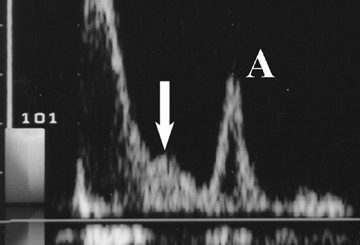Medicine MCQs – 19
Contents
- 1 All of the following are findings in Bronchiectasis EXCEPT -
- 2 FACED scale is used in bronchiectasis for -
- 3 Which of the following cells dominate in airway inflammation of bronchiectasis?
- 4 FACED scale uses ---------------- to predict clinical outcomes in bronchiectasis as one of the parameters.
- 5 Which of the following is the imaging modality of choice for confirming the diagnosis?
- 6 Which of the following is the most common clinical presentation in bronchiectasis ?
- 7 Which of the following has a particular propensity for colonizing damaged airways in bronchiectasis?
- 8 Bronchial dilation in bronchiectasis is characterized ALL of the following EXCEPT -
- 9 All of the following are common ccauses of 'Traction bronchiectasis' EXCEPT -
- 10 Which is the cardinal sign of bronchiectasis?
All of the following are findings in Bronchiectasis EXCEPT -
CT findings include airway dilation (detected as parallel “tram tracks” or as the “signet-ring sign”
Fleishner sign - central pulmonary artery enlargement - sign seen in Pulmonary emboli
FACED scale is used in bronchiectasis for -
Bronchiectasis Severity Index and the FACED scale
Two clinical scales have been used to predict disease severity and outcomes in bronchiectasis
Which of the following cells dominate in airway inflammation of bronchiectasis?
Neutrophils
Neutrophils dominate airway inflammation in bronchiectasis, driven by high concentrations of neutrophil chemoattractants such as interleukin-8 (CXCL-8), and leukotriene B4.
FACED scale uses ---------------- to predict clinical outcomes in bronchiectasis as one of the parameters.
FACED scale uses the FEV-1 (forced expiratory volume in 1 second), age of the affected person, presence of chronic infection, extent of disease (number of lung lobes involved) and dyspnea scale rating (MRC dyspnea scale) to predict clinical outcomes in bronchiectasis.
Which of the following is the imaging modality of choice for confirming the diagnosis?
Chest computed tomography (CT) is more specific for bronchiectasis and is the imaging modality of choice for confirming the diagnosis.
Which of the following is the most common clinical presentation in bronchiectasis ?
Most common clinical presentation is a persistent productive cough with ongoing production of thick, tenacious sputum.
Which of the following has a particular propensity for colonizing damaged airways in bronchiectasis?
Pseudomonas
Bronchial dilation in bronchiectasis is characterized ALL of the following EXCEPT -
- Broncho arterial ratio (BAR) of more than 1
- Lack of bronchial tapering (normal airways diminish in caliber as they extend toward the lung periphery)
- Visibility of airways within 1 cm of the pleural surface (normal airways should not be visualized this far out in the lung periphery
- Abutting the mediastinal pleural surface
All of the following are common ccauses of 'Traction bronchiectasis' EXCEPT -
Traction bronchiectasis seen in - pulmonary fibrosis or distorted lung parenchymal architecture.
Which is the cardinal sign of bronchiectasis?
Bronchial dilation
Bronchial dilation, the cardinal sign of bronchiectasis





